An interview with Jack Hanratty: On rugby, high-performance coaching, & Canadian Olympic dreams
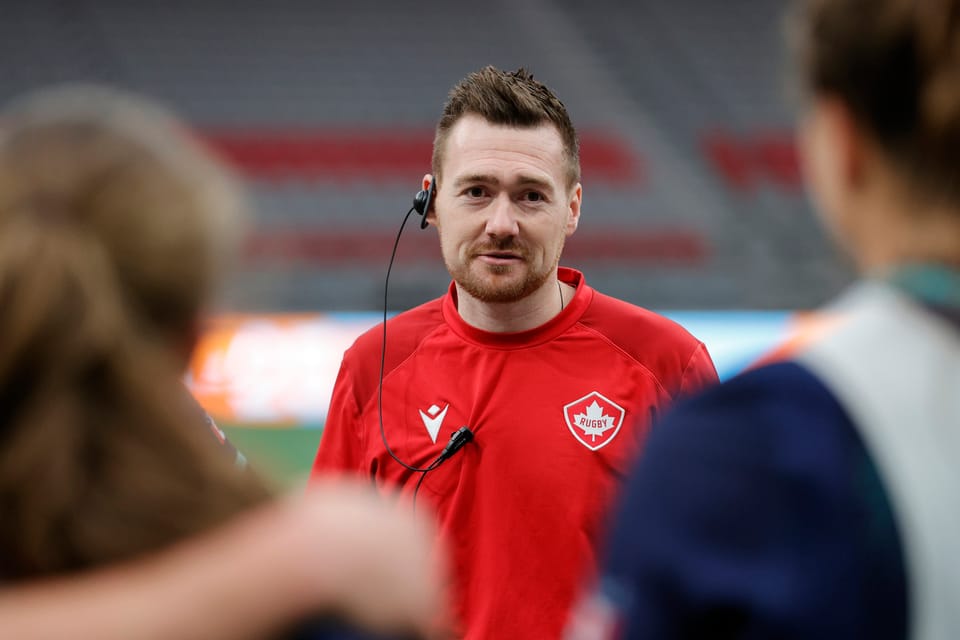
I had the great pleasure to speak with Jack Hanratty recently. He's the former head coach of the Canadian Women's sevens rugby team. Canadian sport enthusiasts may remember that this team won a silver medal at the 2024 Summer Olympics in Paris, their best ever result at the Games. In this interview, we spend time unpacking the engrossing, and at times twisting story behind this achievement. It included the team undertaking a difficult pre-tournament cultural transformation. It also involved the team defying underdog status twice-over, by first beating home country France in the quarterfinals, and then defeating Australia (one of the top teams in the world at the time) in the semifinals. As mentioned in the interview, that game against Australia was one of the most riveting sporting events I've ever witnessed, with wild swings in momentum, capped by a stunning comeback from the Canadians.
(BTW, if you're wondering why I am not linking to the videos of the games against France or Australia, it's because CBC has taken them down. I have emailed CBC to complain!)
In the discussion Jack shares several interesting insights which I think could be applicable to leaders seeking to guide their teams to high performance standards, but in non-sport contexts, for example in organizations. Some of these themes include the following:
- How the path to cultural transformation can be difficult, non linear, and how things can get worse before they get better;
- The importance of defining 'gold medal' behaviours within your culture, as a precursor to seeking high performance standards;
- How crafting common cultural phrases, or language, can help teams communicate with each other, make decisions, and exchange feedback in a frictionless way;
- How 'softening up' and preparing high performance talent for feedback can help them receive it (sidebar: they may not always want to hear it directly, despite what they say);
- The importance of setting 'stretch goals' that defy realism, when pursuing high performance;
- How asking team members 'what's the worst that can happen?' can help them decouple from performance anxiety;
- How 'vulnerability' might be a misunderstood term in coaching and leadership these days;
- How compelling and accessible storytelling (which Jack learned through wrestling with dyslexia, and from experience in drama/theatre) is critical for connecting with team members.
Here is the Youtube video of my interview with Jack:
**Also, please excuse my voice, as I was recovering from a sinus cold when we recorded the interview.**
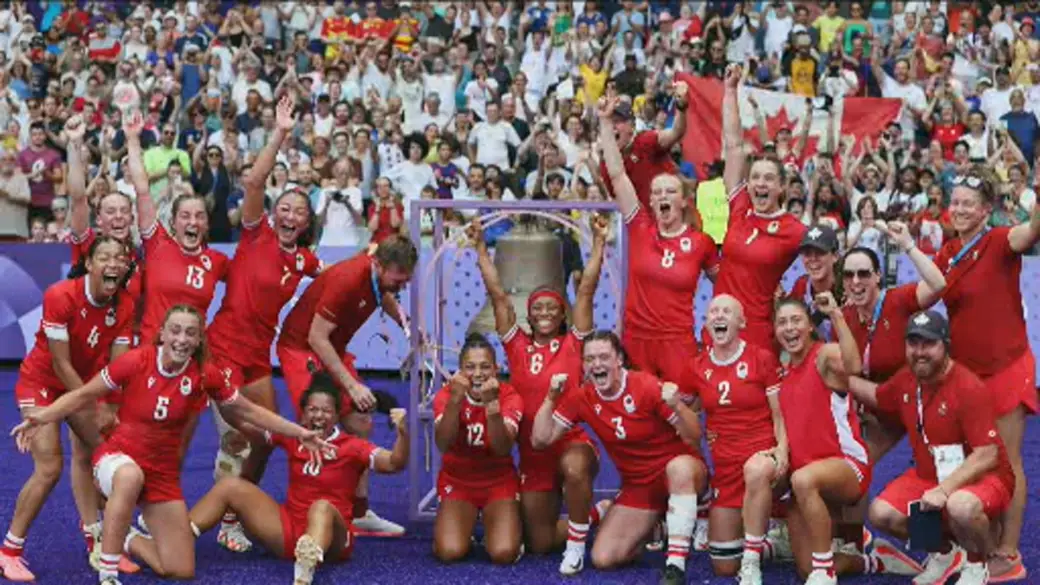
If you'd like to follow along during the interview, here are the questions I asked Jack. These questions are also listed in the Youtube notes section, along with timestamps linked to the video, which can help you navigate to the section you're interested in:
Warm up
- What is the biggest cultural difference you’ve noticed between Ireland and Canada? What is the biggest cultural similarity between the two countries?
- You’ve lived on the east and west coasts of Canada, in Halifax and in Victoria. How would you compare and contrast the two?
- You’ve lived in both Ottawa and Dublin. Which city gets more sunshine in the winter?
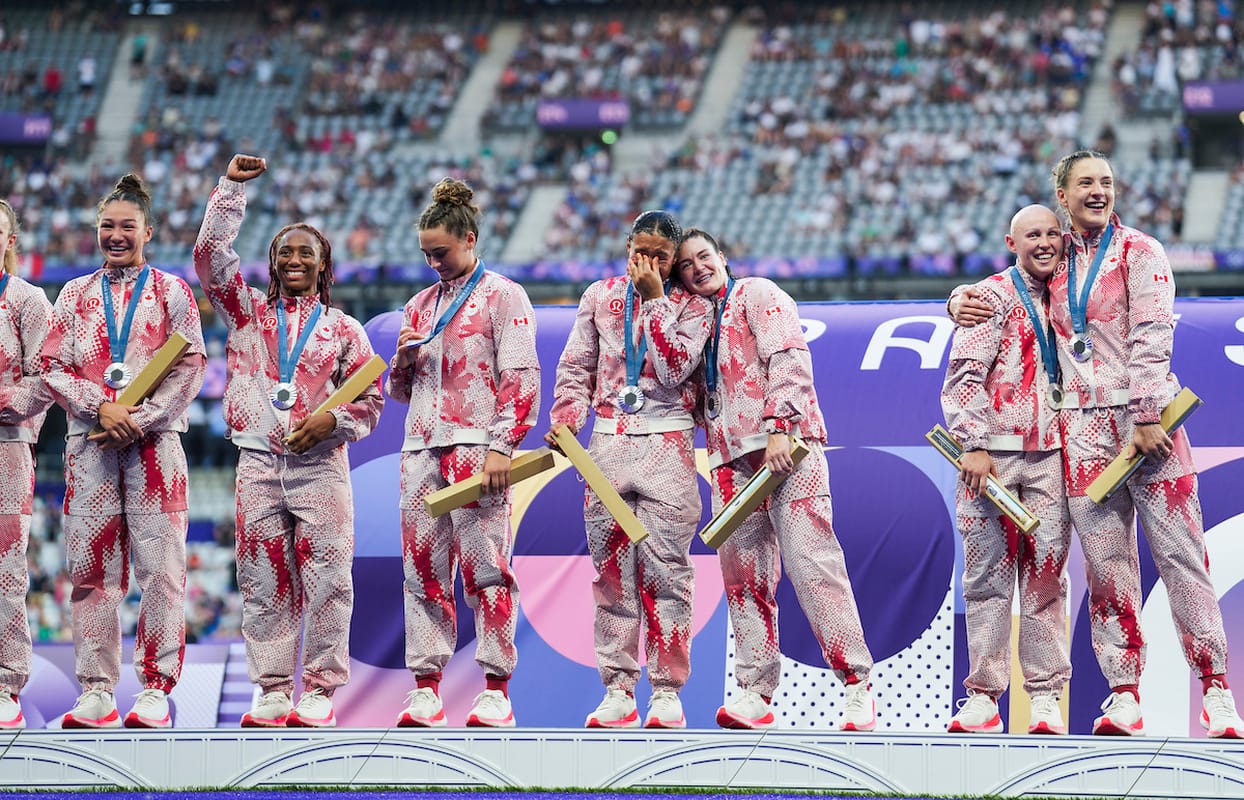
Jack's story, and that of the National Women’s Seven’s team
- You’ve coached in Ireland at various levels, and then later came to Canada to do the same, first in Nova Scotia, then in Victoria with the women’s national sevens team, and now in Ottawa at the University of Ottawa. Can you tell me the story of your career up to this point, and some of the major milestones along the way?
- When you first arrived as an assistant coach of the National Women’s seven’s rugby team, the program had just gone through some upheaval, including a coaching change. From the outside, it seems like you were part of a cultural transformation that unfolded within the program, starting sometime after you arrived. Can you tell me about how you and the team worked through that cultural transformation together, and how you tried to facilitate it as a coach?
- In a previous conversation, you told me about how one part of the transformation included creating a list of ‘agreed upon’ behaviours within the team. I think this might be relatable to many leaders, who often try to do the same with their teams. Can you tell me this part of the story, and how you went about this?
- So you come on board as assistant coach with the team in Sept 2021. Shortly after, you’re named interim head coach. Then by Aug 2022, you’re named the official head coach. The cultural transformation is well underway. From this point you’ve got about a two year build up to the Summer Olympics. Can tell me the story of your build up to the Summer Olympics in Paris, and how the experience unfolded for you and the team at the competition?
- As you look back on the Olympics, can I ask you to give coaching or feedback to yourself, as you would to one of your athletes? So looking back on Paris, what did you do well as a coach? Also what do you think you could have done differently to be even more effective as a coach?
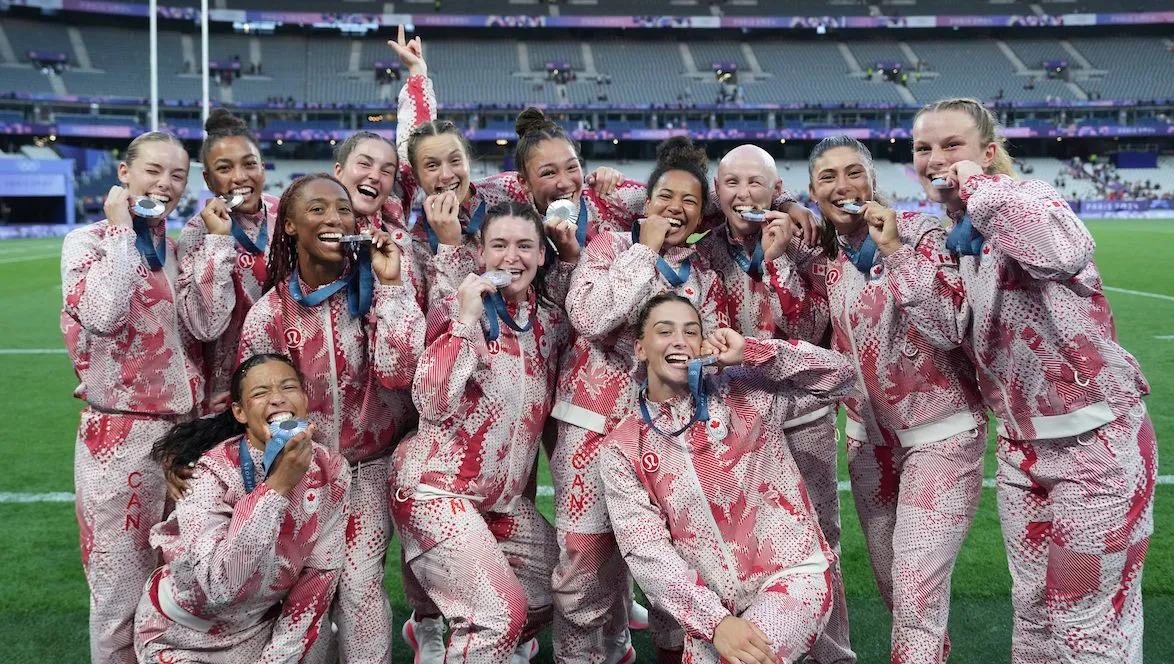
Jack's perspective on coaching and leading high performance athletes
- You mentioned to me that ‘drama’ or ‘theatre’ was a big part of your family culture growing up, and that those concepts have also influenced your coaching. How have you leaned on those concepts to enhance your coaching?
- As you know, I’m really interested in the question of how leaders can challenge, push, and pull their teams to the limit of performance, to the absolute peak, but in sustainable ways, that preserve motivation and relationships within the team. As someone who’s been in a high-performance context, what techniques have worked well for you when trying to challenge your team to the limit, while balancing that with maintaining relationships and healthy motivation?
- You’ve said to me in the past that words like ‘vulnerability’ and ‘empathy’ might be overused terms in coaching these days. This caught my attention, since this statement might run against conventional views. Can you tell me more about your thinking on this topic?
- You shared with me recently that you have dyslexia. I found this really interesting, since my own father overcame challenges with dyslexia in his life, and since I’ve heard of many great entrepreneurs – like Richard Branson - who also experienced the condition. I wonder if you might be willing to share how you think this condition actually helps or facilitates your coaching? From a coaching standpoint, what’s the ‘silver lining’ of dyslexia, if any?
Finally, if you were a member of this Canadian women's sevens team, and you're reading this, you made us all so proud. Congratulations on an incredible accomplishment.
Tim Jackson, Ph.D. is the President of Jackson Leadership Inc., and a leadership expert with 18 years of experience assessing and coaching executives in service of increasing their effectiveness. He has worked with leaders across a variety of sectors, including agriculture, chemicals, consumer products, finance, logistics, manufacturing, media, not-for-profit, pharmaceuticals, healthcare, and utilities and power generation, including multiple private-equity owned businesses. He has also worked with leaders across numerous functional areas, including sales, marketing, supply chain, finance, information technology, operations, sustainability, charitable, general management, health and safety, and quality control, and across hierarchical levels from individual contributors to CEOs. Tim has also worked with leaders across Canada, the US, Western Europe, and China.
Tim has published his research and ideas on leadership in various outlets, including Forbes.com, The Globe and Mail, peer-reviewed journals, and several HR trade magazines. He also writes about leadership topics often in his newsletter at www.timjacksonphd.com. He has also shared details of his coaching practice at leading conferences like the Society for Industrial and Organizational Psychology (SIOP).
He has a Ph.D. in Industrial/Organizational Psychology from The University of Western Ontario, and is based in Toronto, ON.
Tim's services:
- In-depth executive assessment, feedback, & goal setting: Tim uses interview-based 360 surveys to conduct in-depth, customized assessments of executives, often in combination with personality testing, and uses that data to provide practical feedback on improving leadership impact.
- Executive coaching: Often following an in-depth assessment, Tim uses his accumulated knowledge from a career of researching and working with leaders, to provide one-to-one coaching for executives to help them strengthen their effectiveness.
- Workshops: Tim offers two customized workshops for executive audiences. The first is titled 'How leaders can challenge, push, and pull teams to the limit of performance, without breaking them.' This content is based on Tim's original research, using data from 36 executive interviews. The second workshop is titled 'Foundational leadership concepts for new executives,' and summarizes all the key drivers and derailers of leadership effectiveness that Tim has learned about in his 18 year career, distilled from both academic sources and his practical experience.
- Leadership circles: Tim facilitates groups of executives in discussing similar leadership challenges, asking them to share experiences, solutions, advice, and support for one another. These circles help carve out dedicated time for leaders to think about development amidst pressing day-to-day demands, and are a cost effective way to involve several executives in a growth experience at once.
- Culture audits: Using the same in-depth, qualitative data gathering methods he uses for executive 360s, Tim conducts numerous interviews to investigate cultural friction points, so teams, functions, and organizations can address them and become higher performing.
Please contact Tim with your feedback about this site, questions about his services, or to share your own ideas about leadership in organizations.
Email: tjackson@jacksonleadership.com
Phone: 647-969-8907
Website: www.jacksonleadership.com
Newsletter: www.timjacksonphd.com

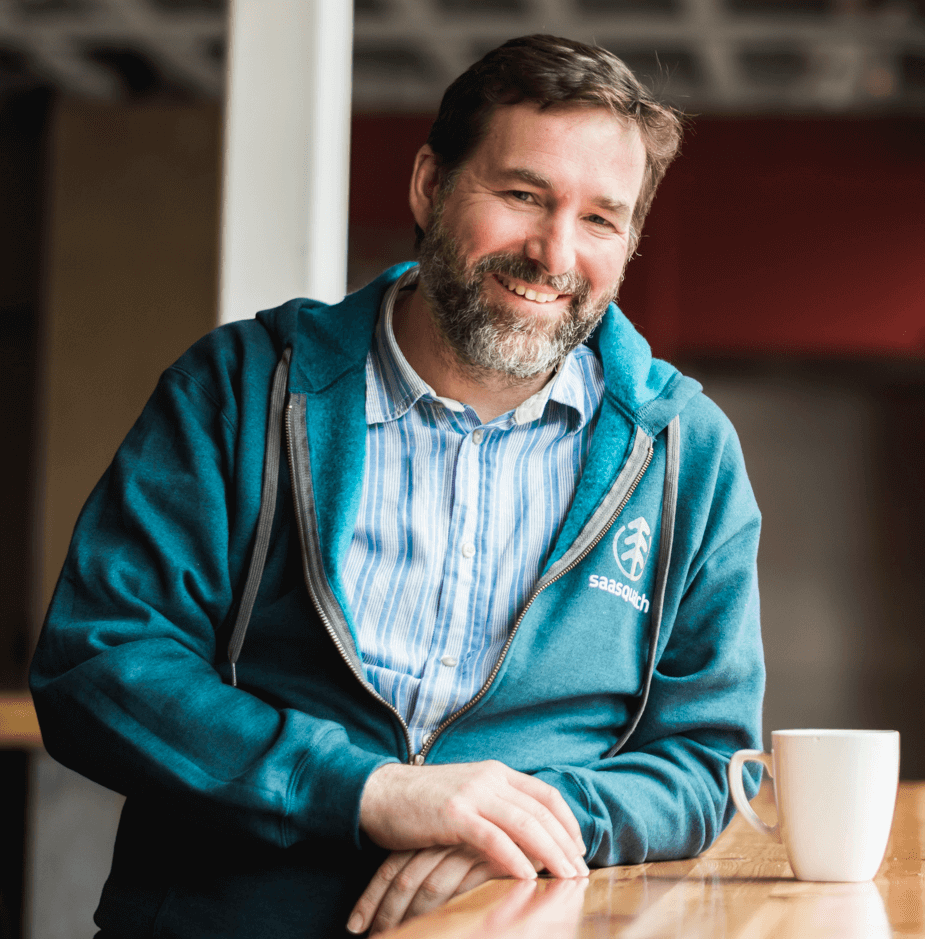
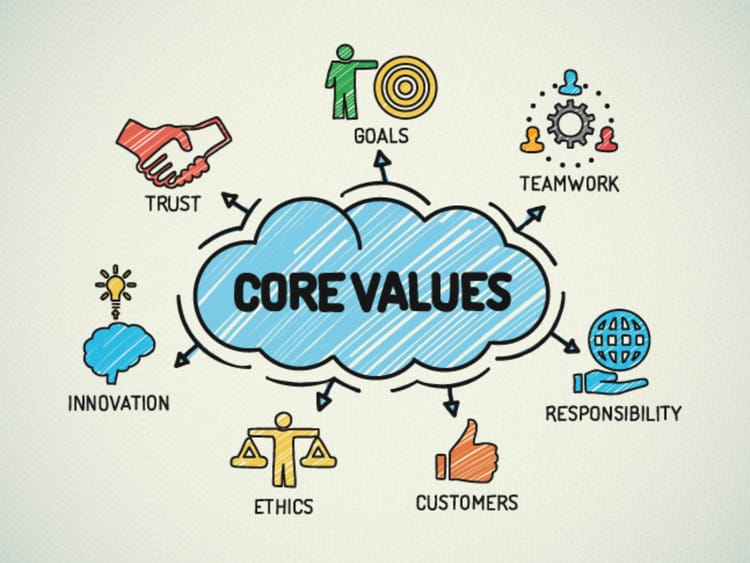



Member discussion